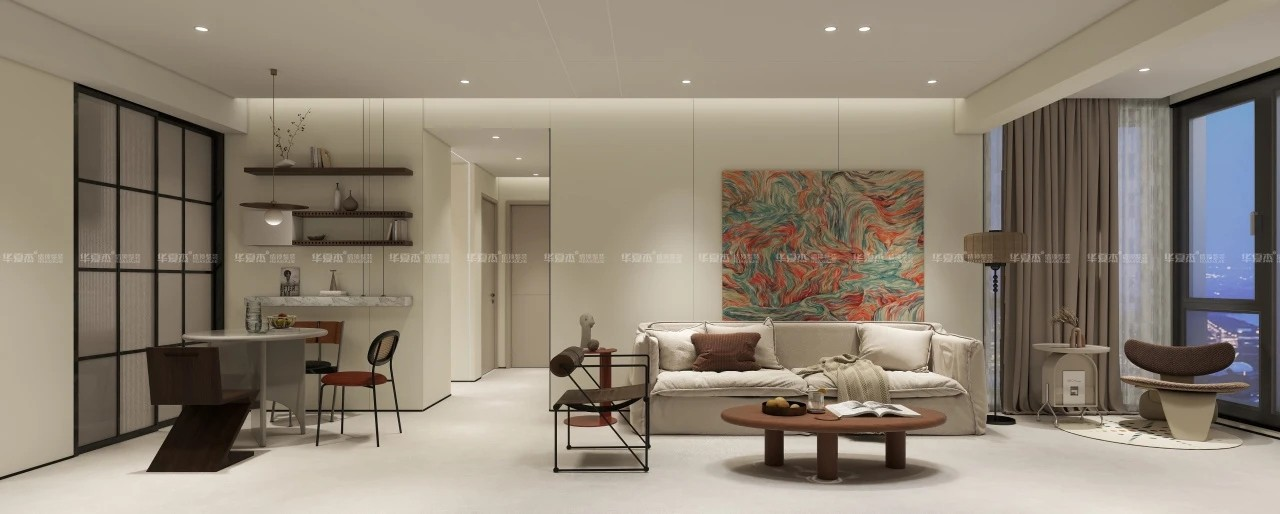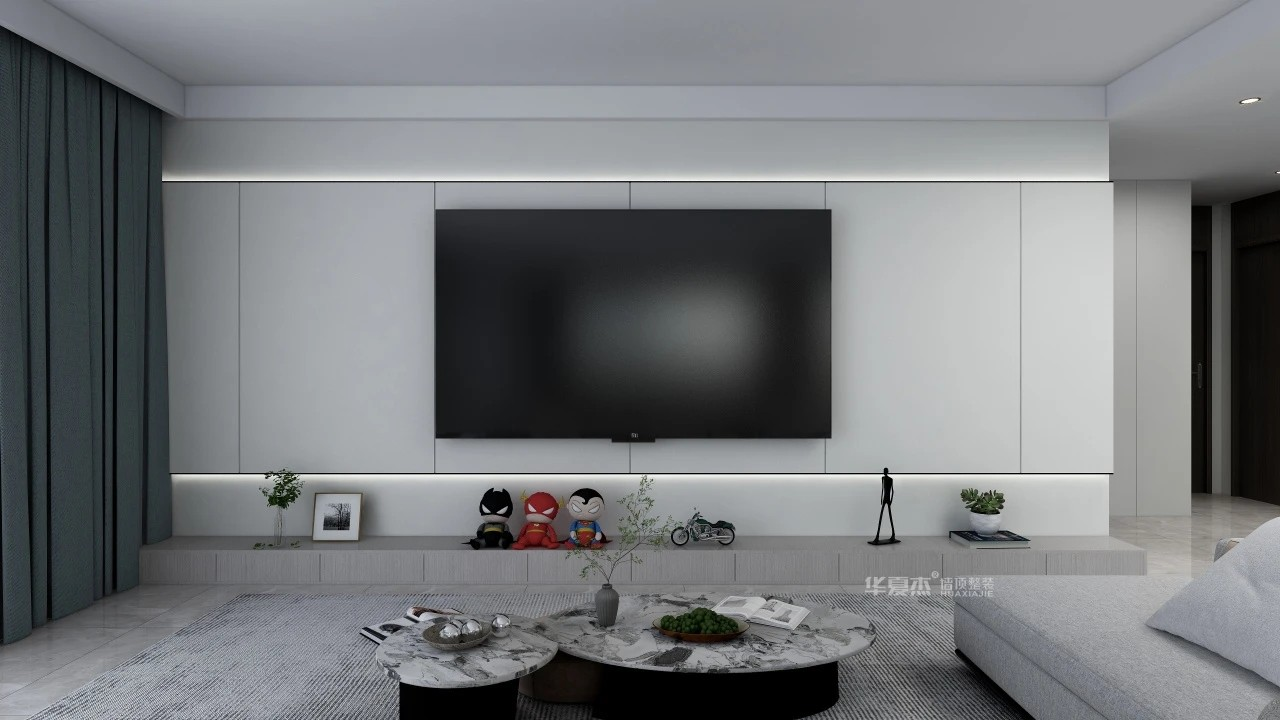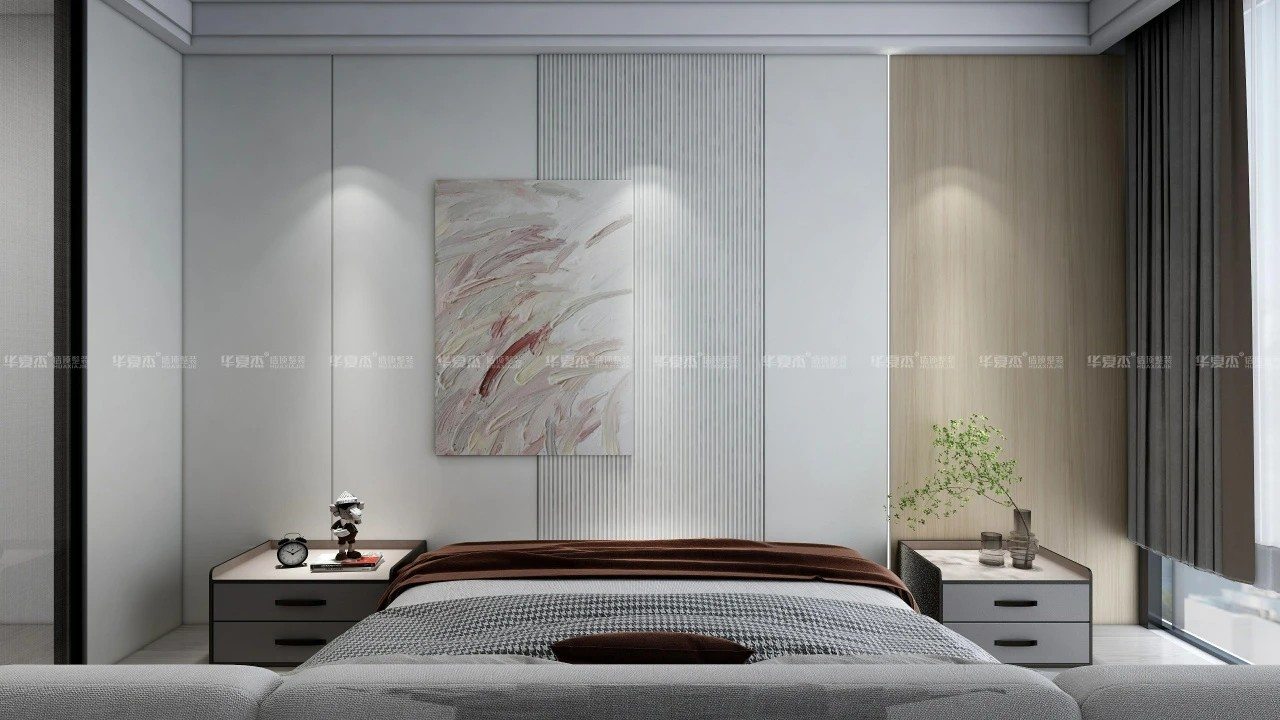PVC wall panels, made from Polyvinyl Chloride (PVC), have become a popular choice for both residential and commercial interior design projects. These panels offer a range of benefits that make them an attractive alternative to traditional wall materials such as paint, wood, or tiles. Below, we will explore the material properties of PVC wall panels and highlight their numerous advantages.
Material Composition
PVC wall panels are primarily composed of polyvinyl chloride, a synthetic plastic polymer known for its durability, flexibility, and resistance to environmental factors. The panels can be manufactured in various forms, including solid sheets, hollow cores, or textured surfaces. They often include additives like stabilizers, UV inhibitors, and flame retardants to enhance performance and longevity.
The surface of PVC wall panels can mimic natural materials such as wood grain, marble, or stone, providing a wide array of aesthetic options without the high cost or maintenance associated with genuine materials. Additionally, PVC is lightweight yet strong, making it easy to handle during installation while maintaining structural integrity.
Advantages of PVC Wall Panels
1. Durability and Longevity
One of the standout features of PVC wall panels is their exceptional durability. They are resistant to moisture, mold, mildew, and corrosion, making them ideal for use in humid environments like bathrooms, kitchens, or basements. Unlike wooden panels, PVC does not warp, crack, or rot over time, ensuring a long lifespan with minimal upkeep.
2. Ease of Installation
PVC wall panels are designed for quick and straightforward installation. Most panels come with a click-lock system or adhesive backing, allowing users to install them without specialized tools or skills. This makes them a great DIY option for homeowners who want to refresh their space without hiring professional help.
3. Low Maintenance
Maintaining PVC wall panels is simple and hassle-free. Their smooth, non-porous surface resists dirt, stains, and grime, requiring only occasional cleaning with soap and water. This characteristic also makes them suitable for high-traffic areas where cleanliness is paramount, such as hospitals, restaurants and others.
4. Aesthetic Versatility
PVC wall panels are available in countless designs, colors, and textures, enabling customization to match any decor style. Whether you prefer modern minimalist looks, rustic charm, or luxurious finishes, there is a PVC panel that fits your vision. Furthermore, they provide uniformity across large spaces, eliminating inconsistencies found in natural materials.
5. Cost- Effective Solution
Compared to other wall materials like stone, ceramic tiles, or hardwood, PVC wall panels are more affordable without compromising on quality or appearance. Their budget-friendly nature makes them accessible for a variety of projects, from small renovations to extensive commercial developments.
6. Environmental Resistance
PVC wall panels are highly resistant to chemicals, acids, and alkalis, which is beneficial in industrial settings or laboratories. Additionally, they are unaffected by temperature fluctuations, preventing damage caused by expansion and contraction.
7. Insulation Properties
Some PVC wall panels offer thermal and acoustic insulation capabilities, helping to reduce energy costs and improve soundproofing within a room. This dual functionality adds value to their application in homes and businesses alike.
Post time: Apr-19-2025



